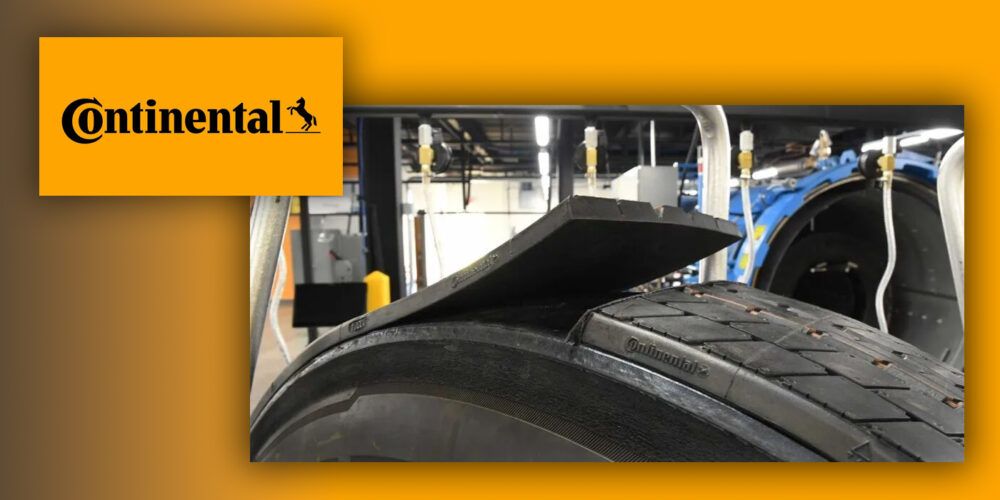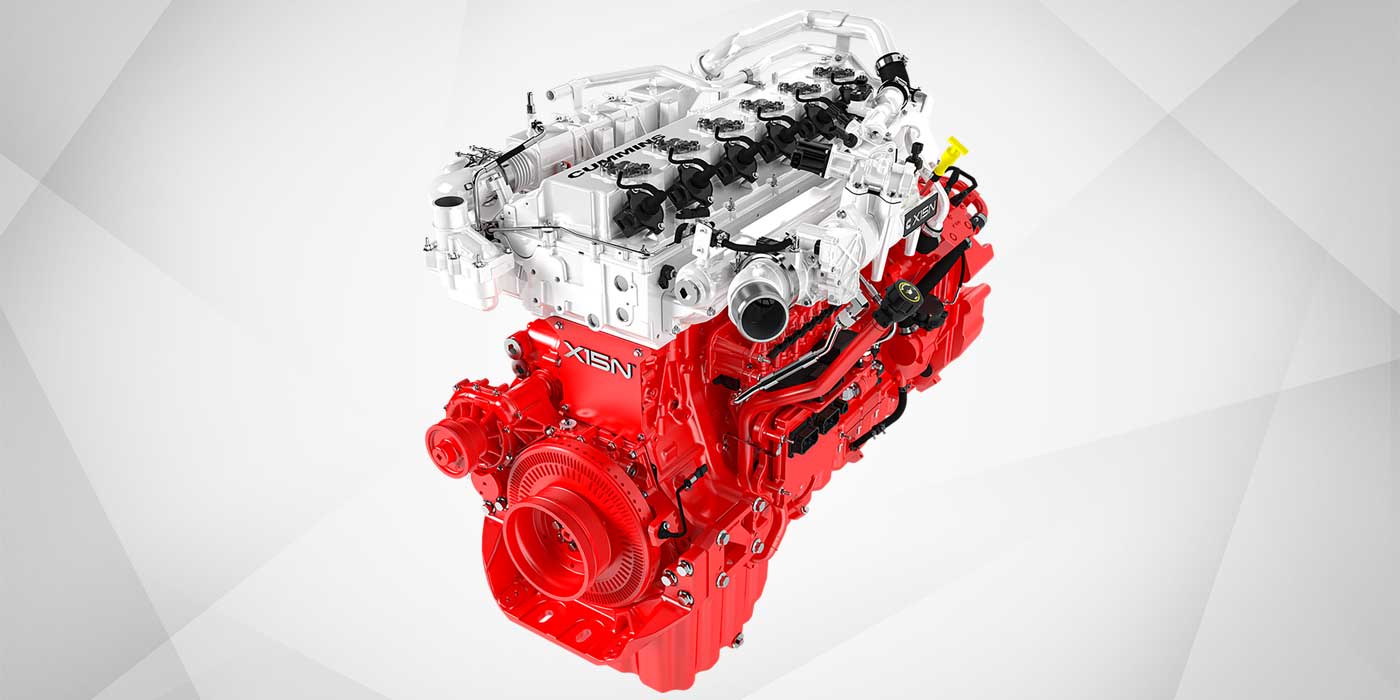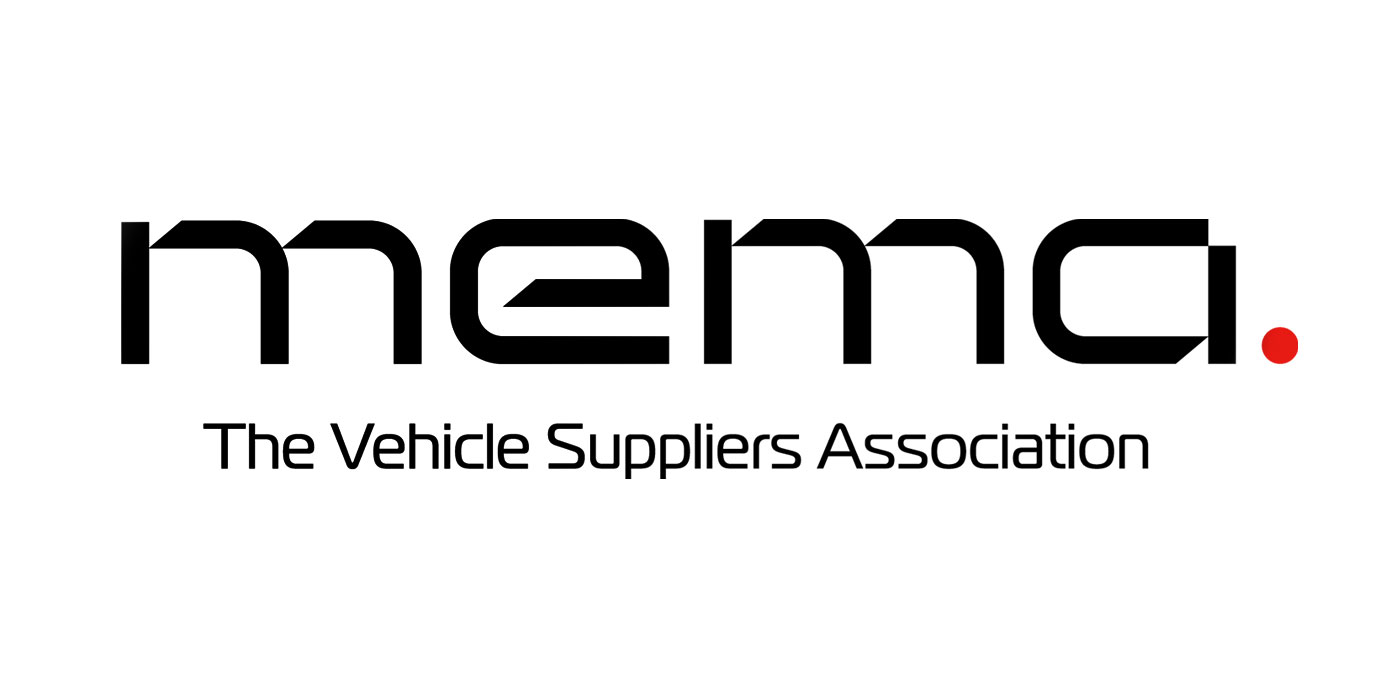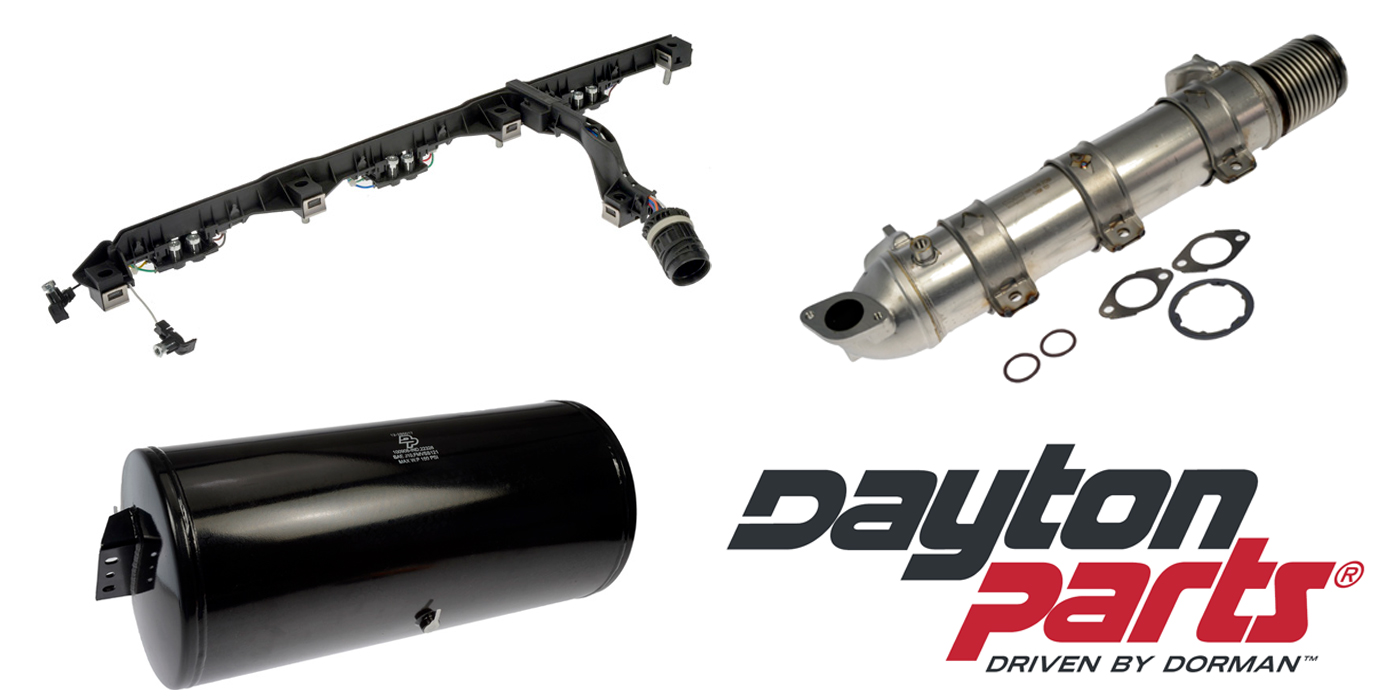I prefer the use of materials such as algae, switch grass and waste to produce feed stocks for alternate fuels. Primarily because these materials can be grown on land unsuitable for agriculture. I went shopping with my wife the other day. We observed that the price of ground chuck has risen from $4.02 per pound to $4.82 in one year. That’s an increase of 20%.
Ethanol producers recently stated that they produced more than 400 million liters (that’s actually about 100 million gal.) of corn-based ethanol last quarter. Current U.S. crude oil production is approximately 400 million gal. per day. And much of the ethanol being produced is exported.
Evidently, our political leaders have decided that we should be content to pay 20% more for foods such as beef, milk, etc., so that ethanol producers and Big Ag can increase their profits. I’m having trouble accepting that type of reasoning.
Personally, I think corn-based ethanol is finished. If ethanol producers can’t quickly gear up to produce cellulosic ethanol, then ethanol will fall out of favor with both consumers and regulators. Biodiesel may also fall out of favor because of its unfortunate association with ethanol and Big Ag. That’s a shame. Biodiesel is an attractive alternate fuel if the producers will focus on developing strains that solve the oxidative instability and low-temperature performance problems that have hampered biodiesel’s universal acceptance for years. Come on, scientists—it’s up to you!
Unfortunately, my dreams for algae-based fuels are being slowly shattered. Algae are grown commercially with great success by several different methods, but production of biofuels from algae has proven costly and problematic. Algae ethanol currently costs $5.00 per gallon. Since algae-based biofuels currently cost about double that of other biofuels, algae producers are switching to manufacturing cosmetics, drugs and health supplements to improve profitability. Algae have also proven to be a great source for the production of Omega-3 fatty acids. The Algae Biomass Organization predicts that algae will one day be the dominant supplier of Omega-3s.
Thankfully, our nation’s dependence on Middle East crude oil has been significantly reduced. This is primarily due to the increased production of U.S. crude brought about by “fracking” for natural gas. Daimler recently stated that it thought diesel would be the dominant commercial fuel for many years. I agree with them, particularly in light of some of the engine research they and others are doing.
Daimler and Mahle recently surprised automotive experts by developing engines utilizing cast steel pistons. For many years, engine builders used aluminum pistons because their lighter weight allowed engines to rev higher and dissipate heat more rapidly. Due to differences in thermal expansion rates, there must be more clearance aluminum pistons and steel cylinders to avoid contact failures. This adversely affects piston ring seating.
By using steel pistons in liners, piston clearances can be closed up significantly with resultant significant decreases in oil consumption and increases in fuel economy. We all know that if oil consumption is decreased, gaseous emissions are also decreased. Another benefit is that pistons, which operate at a higher temperature, can also improve fuel economy by improving combustion efficiency. Greenhouse gas (GHG) emissions such as CO2 are also reduced when fuel economy is improved. Although these pistons were developed primarily for light-duty diesels, look for them to eventually spread across the entire diesel engine line.
Recently, I’ve also read of considerable R&D being focused on opposed piston engines. Opposed piston engines can generate higher power densities at lower engine weights, so they seem to me to be a promising alternate engine design. Experts say they are still five years away from production.














